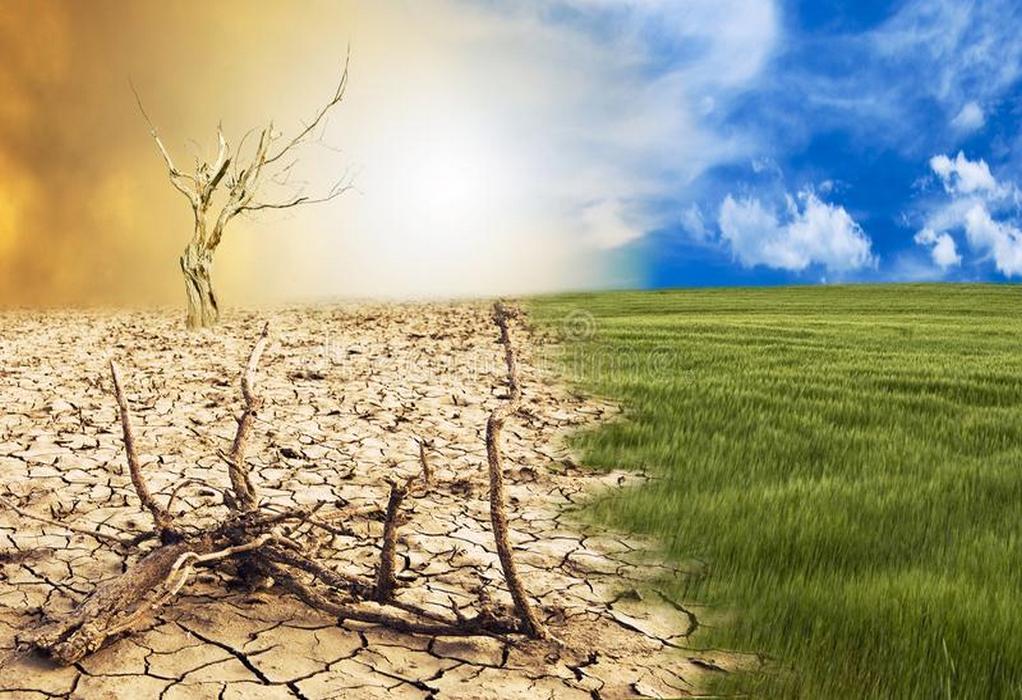The World Bank´s board of directors approved a $500 million project in Brazil to expand sustainability-linked finance and strengthen the private sector’s capacity to access carbon credit markets and help the country curb deforestation.
Sustainability-linked financing (SLF) allows for lower financing costs when certain environmental, social and governance (ESG) requirements are met by a company but does not require the funds to be used for climate-friendly purposes.
At the start of December, the World Bank and its partners launched a global tracking system to clean up the opaque market for carbon credits and help developing countries raise much-needed climate finance quickly and more cheaply.
Carbon credits – generated through activities such as planting forests or pulling climate-damaging carbon dioxide from the air – are sold to polluters to offset their emissions as a way of helping them reach net-zero emissions to limit global warming.
The project is also expected to mobilize up to $1.4 billion in private capital through the scale-up of financing by Banco do Brasil and private investors.
The project adopts an “innovative, outcome-based financing approach” that encourages firms to adopt and implement credible GHG emission reduction plans to reduce their company-wide carbon footprint, as well as linking these firms to high quality carbon markets, the World Bank said.
Stopping deforestation in the Amazon, which absorbs vast amounts of planet-warming greenhouse gas, is part Brazilian President-elect Luiz Inacio Lula da Silva’s sweeping plan for the country to reclaim leadership on climate change measures, which were previously abandoned by the Bolsonaro administration.


Recent Posts
Ammonia
Azane Unveils New Subsidiary to Drive Ammonia Bunkering Development Oslo, Norway
Fuels Heavy oils
Public sector carbon emissions fall to 3.7 mn tonnes in Singapore
Fuels Heavy oils
UltraTech Cement targets to achieve 85% green energy
Fuels LNG
JCB unveils hydrogen combustion technology